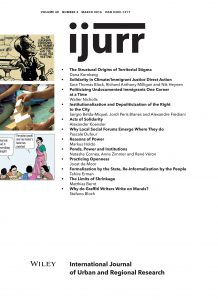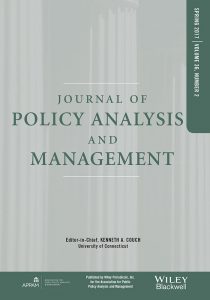web 1.5: the web is not getting flatter
As media became truly massive in the middle of the 20th century, many theorists discussed the degree to which individuals are powerless -e.g., McLuhan’s famous “the medium is the message.” In the last decades, the pendulum of dystopian versus utopian thinking about technology has swung far into the other direction. Now, we hear much about the power of the individual, how “information wants to be free” and, opposed to powerful media structures, how the world has become “flat.” The story...




